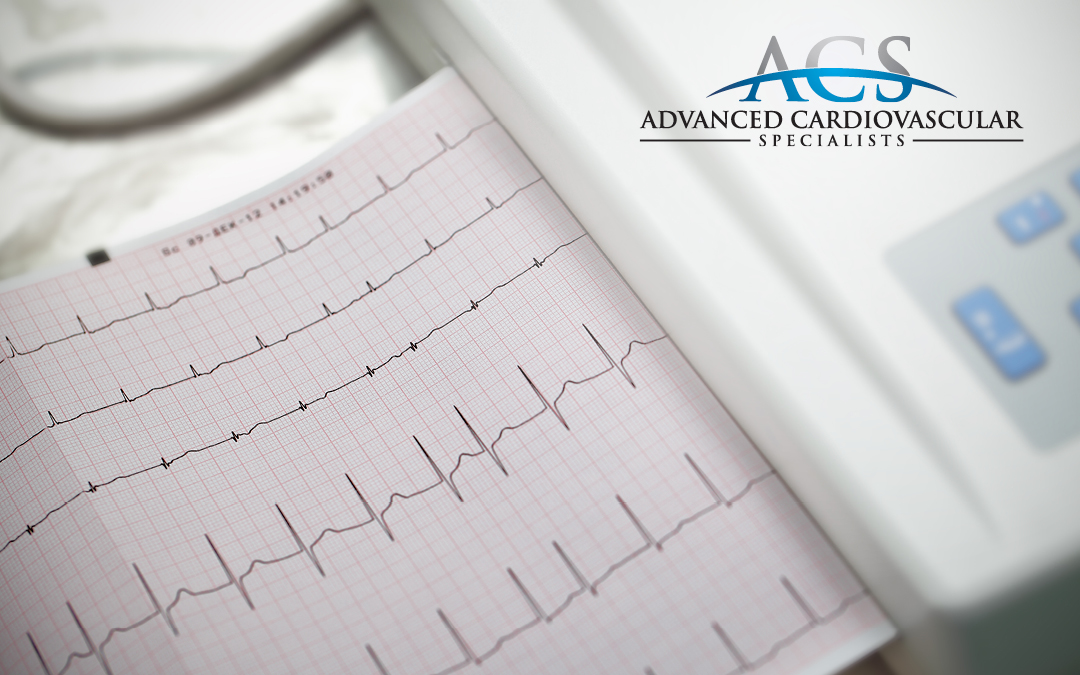Atrial Fibrillation Explained
Atrial fibrillation (AFib) is the most common type of heart arrhythmia, which is a condition in which the heart beats too fast, too slow or in an irregular manner. In the case of atrial fibrillation, the arrhythmia is an irregular and often rapid beating in the upper chambers of the heart. Although AFib is not usually life-threatening on its own, it can increase the risk for blood clots, stroke and other serious heart-related conditions.
The Centers for Disease control estimates that somewhere from 2.7 – 6.1 million Americans have AFib, with the condition affecting 9% of people aged 65 years or older. That’s why being aware of the symptoms of AFib and the potential complications are important – now and especially as we age.
What Causes AFib?
AFib occurs when chaotic electrical signals cause the upper chambers of the heart to contract either irregularly or too quickly, resulting in a fast and irregular heart rhythm. As a result, blood does not flow properly to the lower chambers of the heart and may collect in the upper chambers, which has the potential to form blood clots that can dislodge and migrate to other areas of the body and block blood flow. In addition to a much greater risk for stroke, AFib can also lead to heart failure as the heart is weakened over time.
Although AFib can occur in patients with no other health conditions, the most common causes of atrial fibrillation include heart disease and other non-heart related conditions such as:
- High blood pressure
- Coronary artery disease
- Heart attack
- Heart failure
- Heart valve disease
- Congenital heart defects
- Overactive thyroid gland or other metabolic imbalance
- Lung disease
- Sleep apnea
Risk Factors of AFib
In addition to the health conditions listed above, certain factors may increase your risk of developing atrial fibrillation. These include:
- Age
- Excessive alcohol consumption
- Being overweight or obese
- Genetics/family history
- Other chronic conditions such as diabetes, metabolic syndrome, kidney disease
Symptoms of AFib
AFib may occur in episodes or it can be a permanent condition. Some patients have no symptoms and AFib is detected during routine checkups, while others may have symptoms that come and go or occur on a regular basis.
Common symptoms of atrial fibrillation include:
- Fast and/or irregular heart rate
- Heart palpitations
- Shortness of breath
- Chest discomfort or pain
- Dizziness
- Feeling faint
- Fatigue
- Weakness
- Difficulty exercising
For patients with atrial fibrillation, certain triggers can bring on an episode of AFib. These can include stress, anxiety, exertion, fatigue, other illness, certain medications, consuming alcohol or caffeine, and smoking.
Diagnosing & Treating AFib
Atrial fibrillation is diagnosed with a thorough medical history and physical exam, which may include tests to evaluate your heart activity such as an electrocardiogram (ECG), an echocardiogram, a stress test or longer periods of observation through the use of a holter monitor or an event recorder. Your doctor may also order blood tests or a chest x-ray.
While treatment will depend on the cause of your atrial fibrillation and the symptoms you are experiencing, the treatment goal is usually to reset or control the heart rhythm and prevent blood clotting. This may be achieved via one or more treatment methods, including:
- Medications
- Cardioversion
- Interventions procedures
Preventing AFib
You can reduce your risk of atrial fibrillation and other types of heart disease through a healthy lifestyle. If you have AFib, you may also be able to reduce your symptoms through lifestyle changes such as:
- Not smoking
- Eating a healthy, balanced diet
- Exercising regularly
- Maintaining a healthy weight
- Reducing or avoiding caffeine and alcohol
- Stress reduction
- Treating other conditions such as high blood pressure that put you at a higher risk of AFib
If you have any symptoms of atrial fibrillation, see your doctor or give the team at Advanced Cardiovascular Specialists a call. We are north Louisiana’s leading experts in cardiovascular care. To schedule an appointment, please call our office at 318-798-9400.

